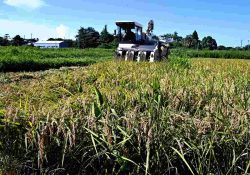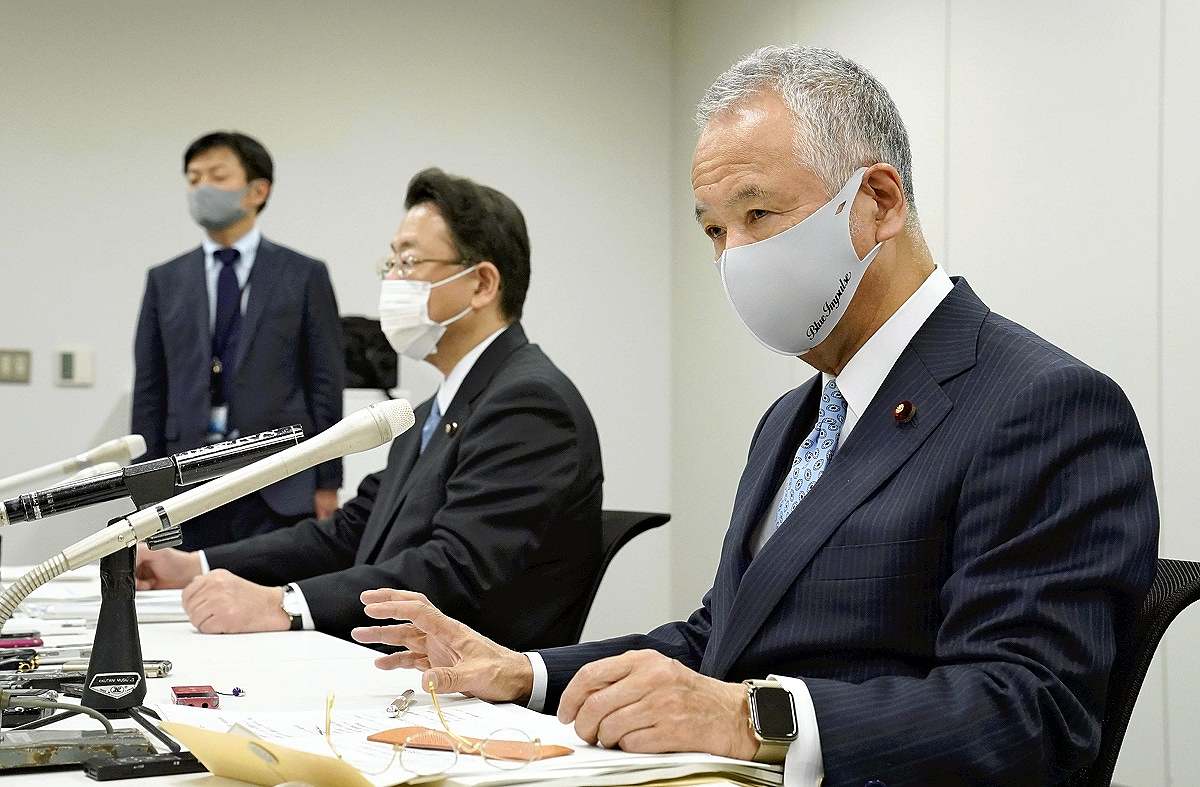
Akira Amari, chairperson of the LDP’s Research Commission on the Tax System, right, speaks at a press conference at the Diet building in Tokyo on Thursday.
16:01 JST, December 11, 2020
The ruling coalition included expansions of tax breaks in the outline of its tax reform package for fiscal 2021, as part of efforts to revive the nation’s economy amid the resurgence of the novel coronavirus.
The ruling Liberal Democratic Party and its coalition partner Komeito decided on the outline of tax system revisions on Thursday, proposing extensions of tax cut measures applying to property, housing loans and other relief.
With an eye on economic growth after the virus outbreak is brought under control, the outline also focuses on expanding investments in the fields of decarbonization and digitization — which are policy planks of the Cabinet of Prime Minister Yoshihide Suga.
The ruling bloc will make best efforts to revive the economy, said Akira Amari, chairperson of the LDP’s Research Commission on the Tax System at a press conference after they decided on the outline. The first priority should be to create a healthy economic situation for the nation’s tax system, he said.
With the number of people testing positive for the virus increasing every day, restaurants and other establishments in some areas have been asked to shorten their business hours, which is having a major impact on people’s lives. Thus, the reform package was enhanced to add tax deductions.
The envisaged annual tax cuts amount to between ¥50 billion and ¥60 billion on the national level, and ¥4 billion for local taxes.
In an effort to underpin the economy, the ruling parties are trying to avoid increasing the burden of property taxes.
Property taxes on all land, including residential, commercial areas and agricultural land — where tax hikes had been scheduled in fiscal 2021 due to the triennial reassessment — will remain unchanged from the level of the current fiscal year. In the event that the property tax rate falls, the tax rate will be reflected as is.
Initially, the ruling parties were divided over the deduction of property taxes. While many LDP members sought to apply the deduction only to commercial areas, Komeito insisted that the tax break should also be expanded to residential areas.
In the end, Suga decided to go along with the Komeito’s proposal.
As for a tax cut on housing loans, the ruling parties will extend the tax deduction period for people scheduled to move into a new home by the end of 2022.
The housing loan tax breaks will also ease the requirement about a lower cap on floor space to 40 square meters or more, from the current 50 square meters or more. For the purchase of a home with floor space under 50 square meters, the homeowner faces an annual income threshold set at ¥10 million or less to receive the extended tax break, according to the outline.
The parties’ plan includes an extension of housing loan contracts, taking into account an increase in the number of married couples living together and one-child households.
The Suga Cabinet intends to accelerate its centerpiece policies through tax cuts.
In order to achieve the government’s goal to attain net-zero greenhouse gas emissions by 2050, the ruling parties will continue to support purchases of vehicles with high environmental performance.
The package also includes an extension of the expiration dates for the reduction or exemption of the automobile weight tax, which is collected at safety inspections, for eco-friendly automobiles to April 2023.
For companies that invest in decarbonization and environmental technological innovations, deductions on corporate taxes of up to 10% of the amount invested will be applied.
In a bid to promote digitization, the package also includes preferential treatment for companies that invest in cloud computing systems, deducting up to 5 % of their investments from their corporate taxes.
"Politics" POPULAR ARTICLE
-
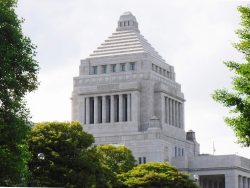
Poll: Japan’s LDP Likely to Lose Seats in Proportional Representation Segment; DPFP, Sanseito Expected to Gain More Seats in Upper House
-

Japan to Export Used Destroyers to Philippines, as Both Countries Look to Counter China on Seas
-
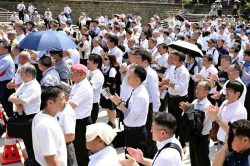
Upper House Election: 16 Constituencies See Head-to-head ‘Ruling vs Opposition’ Races; Opposition Parties More Coordinated than 3 Years Ago
-
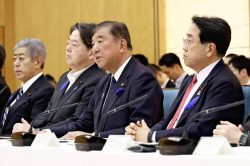
25% ‘Reciprocal Tariff’ Would Be Blow to Japanese Economy; Major Exporters Foresee Drastically Reduced Profits
-

Upper House Election: Topic of Foreign Nationals Becomes Key Issue in Japan Election; Baseless Criticisms Against Foreigners Spread on Social Media
JN ACCESS RANKING
-

Lawson to Offer Car Camping Service at Select Stores; 6 Chiba Stores to Offer Service from Monday
-

Japan Real Wages Fall for 5th Month in May
-
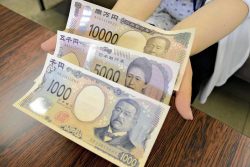
New Banknotes Account for Only 30% of All Bills in Circulation; Increased Use of Cashless Payments Seen as Cause of Slow Adoption Rate
-

Govt Mandates Collecting, Recycling of Some Devices with Lithium-Ion Batteries Amid Fire Concerns
-
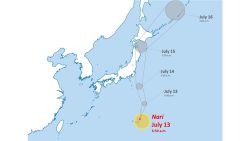
Typhoon Nari Approaching Japan’s Kanto Region; Heavy Rain, Strong Wind Expected on Monday












